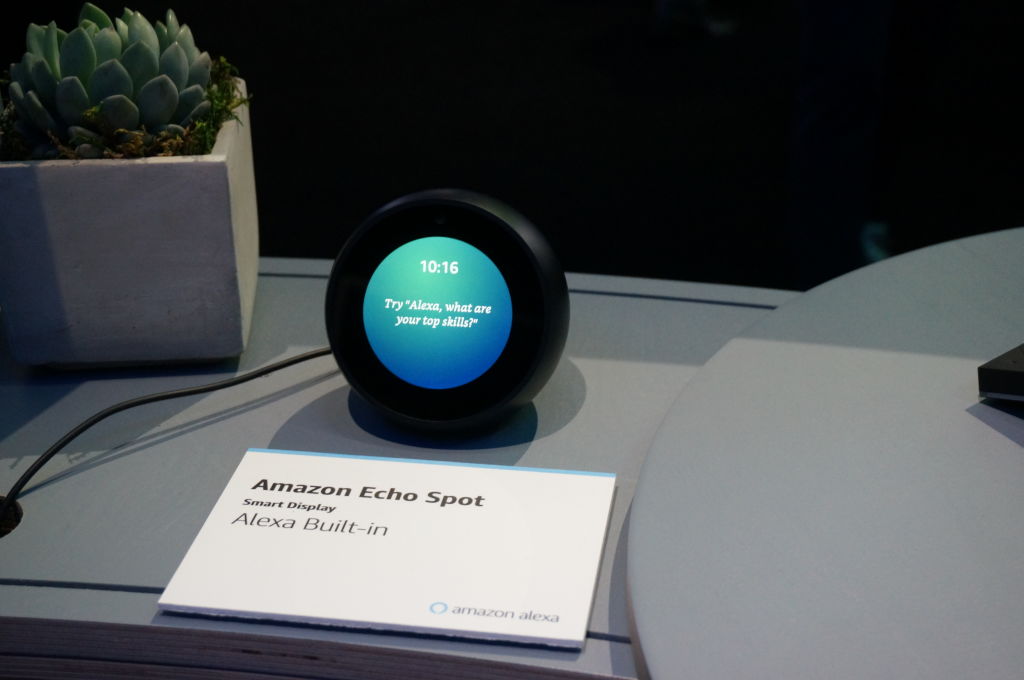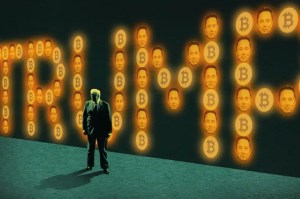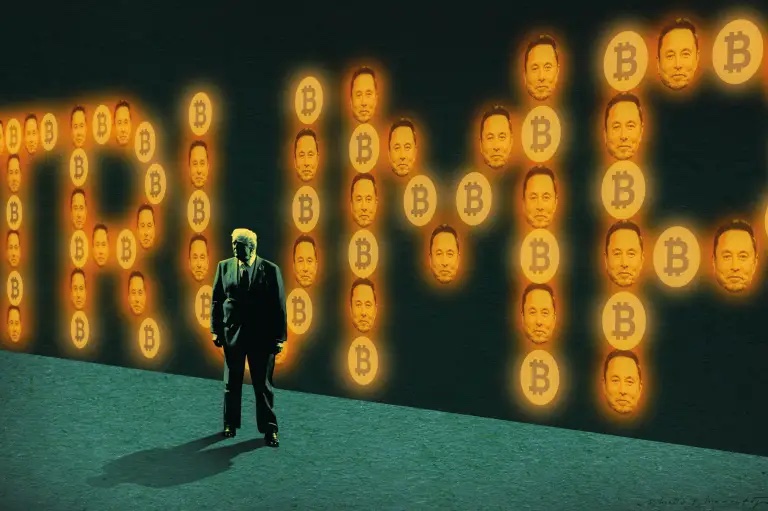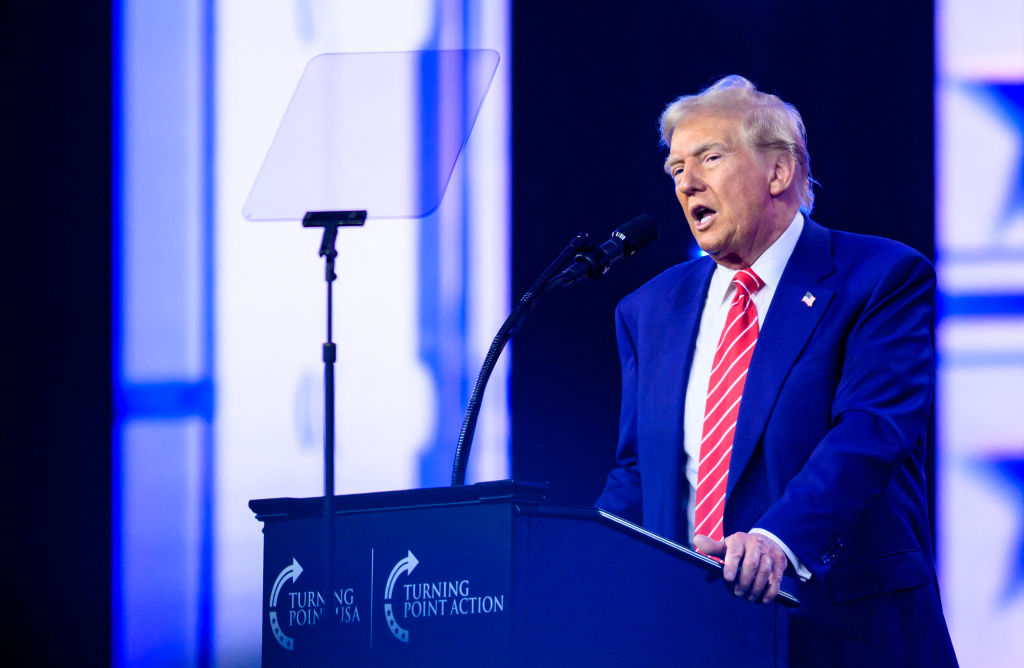“Just think about it. Our whole world is sitting there on a computer. It’s in the computer, everything: your, your DMV records, your, your social security, your credit cards, your medical records. It’s all right there. Everyone is stored in there. It’s like this little electronic shadow on each and every one of us, just, just begging for someone to screw with, and you know what? They’ve done it to me, and you know what? They’re gonna do it to you.”
— Sandra Bullock as Angela Bennett, The Net, 1995
A few weeks ago, I called the local Domino’s. The man who answered asked whether my address is an apartment or a private residence. I live in a fairly remote Michigan community of about 8,000 people. Almost anyone answering the phone around here is intimately acquainted with the area. People give directions like “just after the rail bridge” or “the house with the yellow door.” If I lived in one of only several nearby apartment complexes, he should have known just from my address. As he fumbled with the information, I could hear typing followed by frustrated sighs. I had called this same location less than a month earlier without issue. The man on the other end had the very specific accent typical of someone working in a foreign call center who has been taught something approximating American speech patterns. I had dialed locally, but was ordering globally.
I was curious — would a pizza really arrive at my doorstep after being routed through a call center somewhere far afield like Mumbai or Lagos? But my hungry wife mouthed “hang up” after about two minutes of near silence from the beleaguered man on the other end who couldn’t find my house in whatever software he was using. I ordered on the Domino’s website instead. A sheepish delivery driver told me that was the point. “They don’t really want us using the phones to take orders,” he said, “just complaints.” I didn’t bother to ask how a complaint could have made its way back to Michigan.
I had another slightly less trivial, slightly more aggravating tech encounter that same week. I enjoy reading posts on Reddit, a huge online community organized topically around smaller communities called subreddits. Reddit is notorious for the leftist activism of its employees, but its largely autonomous subreddits are fun and informative — I like to read about abandoned buildings, Swiss Army knives, and vintage motorcycles, but there is a subreddit for everything.
I ran into trouble, however, for commenting on a subreddit dedicated to poking fun at overzealous coronavirus protocols. Within a few hours of making my idle comment, I received automated notices from at least five other subreddits that I had been banned from those subreddits for “participating in a ‘covid disinformation subreddit.’” Among the subreddits from which I was cast out are some of the biggest, including r/pics, which has about 28.7 million followers, and r/oddlysatisfying, which has 6.6 million followers. I was offered a path to redemption: delete my offending comment — a response to a joke about Anthony Fauci — or to promise never to participate in the offending subreddits again. The messages, all identical, added that “this action was performed by a bot which does not check the context of your comment.”
This justice through digital surveillance hardly seems reasonable. Since the bot is not context sensitive, I could have just as easily been booted for disagreeing with the joke. And since when is a joke considered medical misinformation? Strangely, I had never even visited most of the subreddits from which I was banned, let alone violated their standards of conduct. I could have been a perfect online citizen and it wouldn’t have mattered. I was dinged for my activities elsewhere. I had transgressed a sort of informal social credit system.
But that system is growing less informal and increasingly menacing. What if, for example, they decided to turn off your bank account based on participation in the “wrong” social media forum?
It’s far from hypothetical. The Canadian government froze hundreds of bank accounts for making or holding donations pertaining to the anti-Covid mandate protests that rocked the Ottawa streets this winter. They returned the funds only under court order. At least one woman was unable to make bail because she couldn’t access money that had been raised on her behalf. Bank of America reportedly handed over the private financial information of hundreds of innocent people to the FBI as they investigated the January 6 riot. And as a financial industry trade publication cheerfully notes, “financial services firms can enable or block activities as mundane as paying for transportation and lodging, as well as for more blatantly political operations.” Naturally, these firms play sides when it comes to social issues: they’ll let you donate to the legal funds of people arrested in the course of Black Lives Matter protests, but not the legal fund of Kyle Rittenhouse.
Not only are corporations — whether at the behest of government, or otherwise — able to simply “shut off” your finances, they can shut off your car! Elon Musk of the electric vehicle giant Tesla was asked by social media users to deactivate all Teslas in Russia. It is scary that he could conceivably do such a thing. The Biden administration is, of course, pushing more Americans to adopt electric cars.
It’s easy to imagine a near future in which they brick your car, freeze your bank account and even shut off your WiFi-enabled refrigerator for spreading “misinformation” about some government official in a time of crisis. Indeed, prominent politicians and leading columnists are already using Russia’s invasion of Ukraine to brand fellow Americans as treasonous, and the pandemic has made all of us grimly aware of government’s ability to curtail normal conduct in an emergency.
In my younger days, techno-paranoia films like The Net (1995), Hackers (1995) and Enemy of the State (1998) were a popular diversion. As a thirteen-year-old boy, I was more interested in a bikini-clad Sandra Bullock improbably cast as a social misfit computer genius. In hindsight, these movies were so prescient they may as well be documentaries.
The genre still thrives — just this year, Steven Soderbergh released Kimi, a thriller about a woman whose job it is to listen to audio recorded in people’s private homes by the film’s generic stand-in for Amazon’s Alexa device. The premise is real. Amazon employs thousands to listen to audio recorded inside of our houses in order to improve their voice recognition capabilities. None of us want to give up the comforts of our increasingly technologically driven lives — I own several Alexas myself. But as tech becomes ever more pervasive, we ignore the risks at our peril.

























